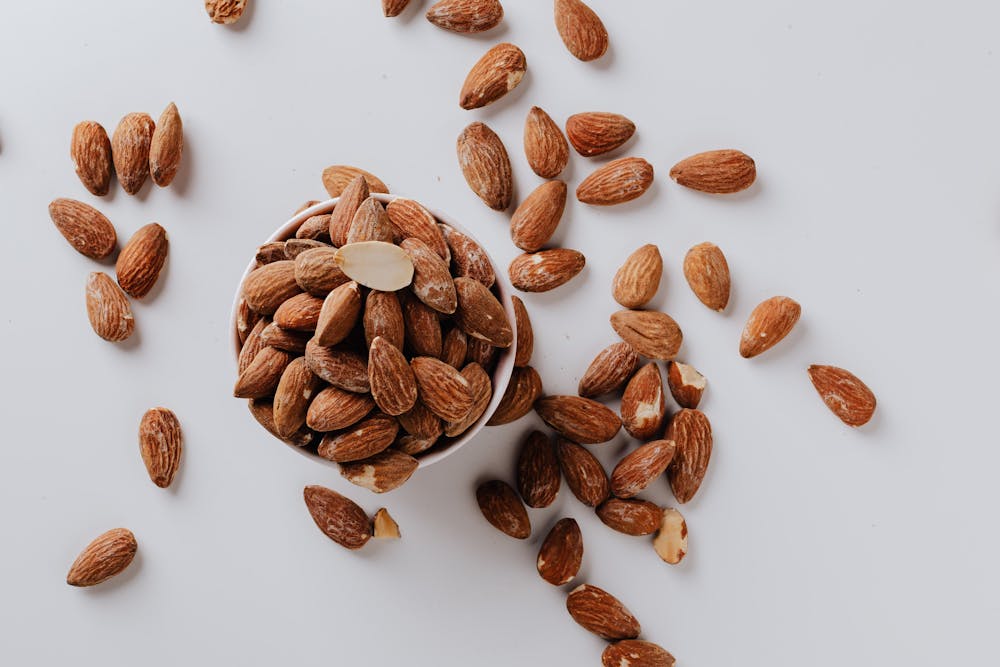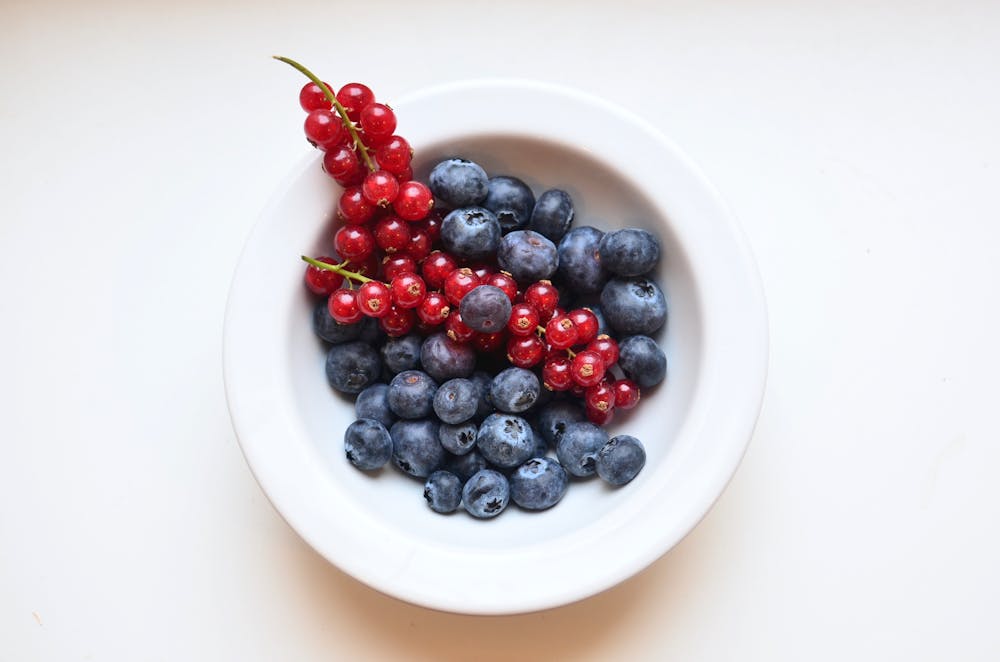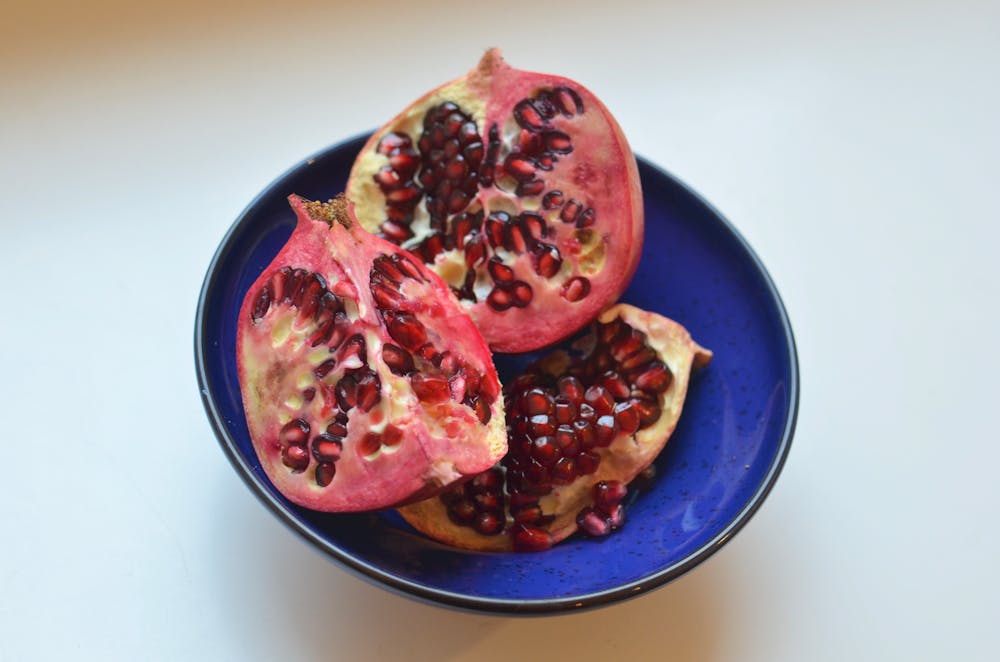As I strive to maintain a balanced and nourishing diet, I’ve learned that healthy snacking plays a crucial role in supporting my overall well-being. While it’s easy to reach for convenient but often unhealthy snacks, making mindful choices can help ensure that my snacks are not only satisfying but also nutrient-dense. Here are some tips for choosing nutrient-dense options when it comes to snacking:
 1. **Opt for Whole Foods:** Instead of reaching for processed snacks high in added sugars, sodium, and unhealthy fats, I focus on choosing whole, minimally processed foods whenever possible. Whole foods like fresh fruits, vegetables, nuts, seeds, and legumes are naturally nutrient-dense, providing a wealth of vitamins, minerals, antioxidants, and fiber to support my health.
1. **Opt for Whole Foods:** Instead of reaching for processed snacks high in added sugars, sodium, and unhealthy fats, I focus on choosing whole, minimally processed foods whenever possible. Whole foods like fresh fruits, vegetables, nuts, seeds, and legumes are naturally nutrient-dense, providing a wealth of vitamins, minerals, antioxidants, and fiber to support my health.
 2. **Include Protein and Fiber:** Protein and fiber are key nutrients that help keep me feeling satisfied and energized between meals. I incorporate protein-rich snacks such as Greek yogurt, cottage cheese, hard-boiled eggs, hummus, and nut butter paired with whole grain crackers or fruit. These snacks provide a combination of protein, fiber, and healthy fats to keep me feeling full and satisfied for longer periods.
2. **Include Protein and Fiber:** Protein and fiber are key nutrients that help keep me feeling satisfied and energized between meals. I incorporate protein-rich snacks such as Greek yogurt, cottage cheese, hard-boiled eggs, hummus, and nut butter paired with whole grain crackers or fruit. These snacks provide a combination of protein, fiber, and healthy fats to keep me feeling full and satisfied for longer periods.
 3. **Incorporate Fruits and Vegetables:** Fruits and vegetables are excellent choices for healthy snacking, offering a wide array of vitamins, minerals, and phytonutrients in a low-calorie package. I enjoy snacking on fresh fruit slices, vegetable sticks with hummus or guacamole, and homemade fruit salads or smoothies. By incorporating a variety of colorful fruits and vegetables into my snacks, I ensure that I’m getting a diverse range of nutrients to support my health.
3. **Incorporate Fruits and Vegetables:** Fruits and vegetables are excellent choices for healthy snacking, offering a wide array of vitamins, minerals, and phytonutrients in a low-calorie package. I enjoy snacking on fresh fruit slices, vegetable sticks with hummus or guacamole, and homemade fruit salads or smoothies. By incorporating a variety of colorful fruits and vegetables into my snacks, I ensure that I’m getting a diverse range of nutrients to support my health.
 4. **Choose Healthy Fats:** Healthy fats play a vital role in supporting heart health, brain function, and overall well-being. I include sources of healthy fats such as nuts, seeds, avocados, olives, and fatty fish like salmon or tuna in my snack choices. These foods provide essential omega-3 fatty acids and monounsaturated fats that help reduce inflammation and support optimal health.
4. **Choose Healthy Fats:** Healthy fats play a vital role in supporting heart health, brain function, and overall well-being. I include sources of healthy fats such as nuts, seeds, avocados, olives, and fatty fish like salmon or tuna in my snack choices. These foods provide essential omega-3 fatty acids and monounsaturated fats that help reduce inflammation and support optimal health.
 5. **Watch Portion Sizes:** While nutrient-dense snacks can be beneficial for health, it’s important to be mindful of portion sizes to avoid overeating. I practice portion control by pre-portioning snacks into individual servings or using small bowls and plates to help me gauge proper portion sizes. By listening to my body’s hunger cues and stopping when I feel satisfied, I can prevent mindless snacking and maintain a healthy balance in my diet.
5. **Watch Portion Sizes:** While nutrient-dense snacks can be beneficial for health, it’s important to be mindful of portion sizes to avoid overeating. I practice portion control by pre-portioning snacks into individual servings or using small bowls and plates to help me gauge proper portion sizes. By listening to my body’s hunger cues and stopping when I feel satisfied, I can prevent mindless snacking and maintain a healthy balance in my diet.
 6. **Stay Hydrated:** Sometimes, what may feel like hunger is actually thirst in disguise. I make it a habit to stay hydrated throughout the day by drinking plenty of water and herbal teas. Keeping a water bottle handy and sipping water between meals helps prevent dehydration and reduces the likelihood of reaching for snacks when I’m actually thirsty.
6. **Stay Hydrated:** Sometimes, what may feel like hunger is actually thirst in disguise. I make it a habit to stay hydrated throughout the day by drinking plenty of water and herbal teas. Keeping a water bottle handy and sipping water between meals helps prevent dehydration and reduces the likelihood of reaching for snacks when I’m actually thirsty.
 7. **Plan Ahead:** Planning ahead is key to making healthy snacking choices. I take the time to prepare nutritious snacks in advance and keep them easily accessible in my kitchen or on the go. Whether it’s washing and chopping fruits and vegetables, pre-portioning nuts and seeds into snack bags, or preparing homemade energy bars or granola, having healthy options readily available makes it easier to make nutritious choices throughout the day.
7. **Plan Ahead:** Planning ahead is key to making healthy snacking choices. I take the time to prepare nutritious snacks in advance and keep them easily accessible in my kitchen or on the go. Whether it’s washing and chopping fruits and vegetables, pre-portioning nuts and seeds into snack bags, or preparing homemade energy bars or granola, having healthy options readily available makes it easier to make nutritious choices throughout the day.
 In conclusion, choosing nutrient-dense snacks is an important aspect of maintaining a healthy and balanced diet. By opting for whole foods, including protein and fiber, incorporating fruits and vegetables, choosing healthy fats, watching portion sizes, staying hydrated, and planning ahead, I can enjoy satisfying and nourishing snacks that support my overall health and well-being. As I continue to prioritize healthy snacking habits, I’m empowered to fuel my body with the nutrients it needs to thrive and live my healthiest, happiest life.
In conclusion, choosing nutrient-dense snacks is an important aspect of maintaining a healthy and balanced diet. By opting for whole foods, including protein and fiber, incorporating fruits and vegetables, choosing healthy fats, watching portion sizes, staying hydrated, and planning ahead, I can enjoy satisfying and nourishing snacks that support my overall health and well-being. As I continue to prioritize healthy snacking habits, I’m empowered to fuel my body with the nutrients it needs to thrive and live my healthiest, happiest life.



